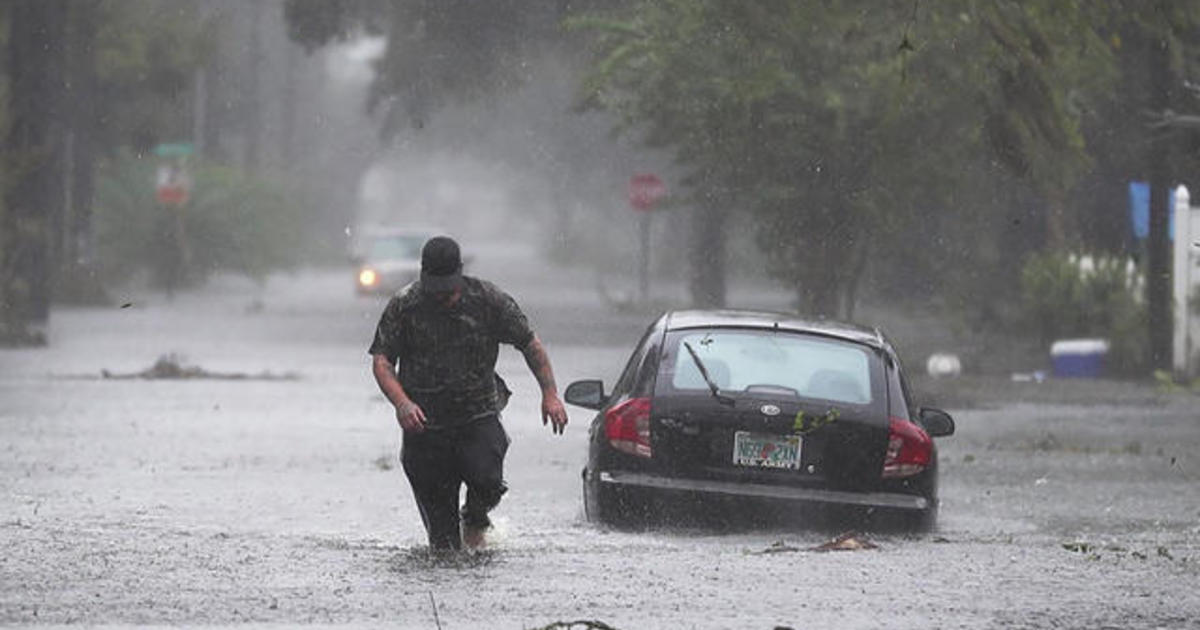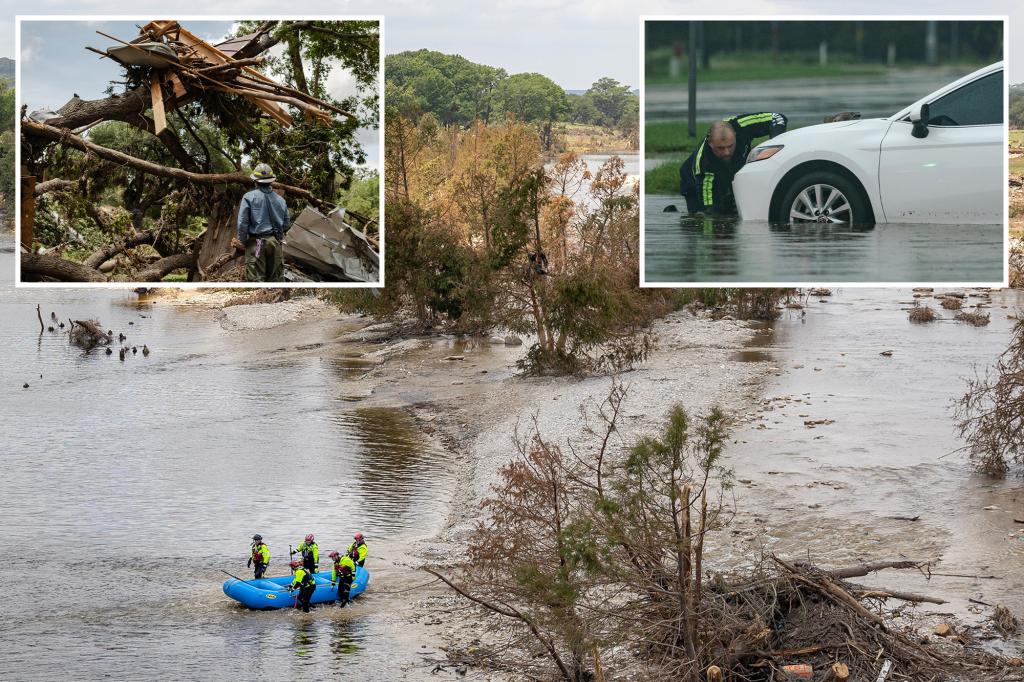Understanding the Extreme Weather Events of 2024
As we move further into 2024, the world has witnessed a series of extreme weather events that have not only captured headlines but also raised critical questions about the ongoing impact of climate change on our planet. From the devastating hurricanes that have swept through coastal communities to the wildfires ravaging vast landscapes, these incidents have sparked discussions about preparedness, resilience, and the broader implications for society and the environment.
Major Extreme Weather Events of 2024
Hurricanes: A Rising Threat
The Atlantic hurricane season in 2024 has already been marked by several significant storms, with Hurricane Zane making headlines as one of the most powerful hurricanes to hit the Gulf Coast in recent years. With wind speeds exceeding 150 mph, Zane caused widespread destruction, displacing thousands and leading to substantial economic losses. The National Oceanic and Atmospheric Administration (NOAA) reported that the storm’s impact was exacerbated by rising sea levels, a direct consequence of climate change.
- Economic Impact: The estimated damages from Hurricane Zane are projected to exceed $20 billion. The cost of recovery and rebuilding is anticipated to burden local economies for years to come.
- Displacement and Humanitarian Issues: Over 50,000 residents were displaced, leading to an urgent need for humanitarian assistance and long-term housing solutions.
Wildfires: An Ongoing Crisis
In the western United States, 2024 has seen an unprecedented rise in wildfires, particularly in California and Oregon. Drought conditions, coupled with high temperatures, have created a perfect storm for wildfire outbreaks. The California Department of Forestry and Fire Protection (Cal Fire) reported that over 1 million acres have already burned this year, with the potential for more devastating fires as the season progresses.
- Environmental Consequences: The smoke from these wildfires has led to severe air quality issues across the West Coast, prompting health advisories and impacting millions of residents.
- Wildlife Displacement: The destruction of habitats has resulted in a significant loss of biodiversity, with many species struggling to adapt to rapidly changing ecosystems.
Analyzing the Causes and Consequences
Climate Change and Extreme Weather
The connection between climate change and extreme weather events has become increasingly evident. Scientists have long warned that rising global temperatures are likely to result in more frequent and severe weather phenomena. According to the Intergovernmental Panel on Climate Change (IPCC), the frequency of extreme weather events has already increased by 40% since the 1980s, a trend that is expected to continue if significant action is not taken to reduce greenhouse gas emissions.
Societal Impacts
The societal implications of these extreme weather events are profound. Communities that are already vulnerable—due to economic instability, lack of resources, or geographic location—are often the hardest hit. Recovery efforts can take years, leaving lasting scars on both the physical landscape and the social fabric of affected areas.
- Public Health Issues: The aftermath of extreme weather events can lead to increased health risks, including respiratory problems from smoke inhalation and mental health challenges stemming from displacement and loss.
- Infrastructure Strain: Local governments often struggle to allocate resources for repairs and recovery, leading to a backlog of necessary infrastructure improvements.
Broader Implications for Policy and Preparedness
Adapting to a New Reality
As the frequency and intensity of extreme weather events continue to rise, it is imperative that policymakers prioritize climate resilience and adaptation strategies. This includes investing in infrastructure that can withstand severe weather, implementing stricter land-use regulations, and enhancing emergency response plans.
Community Engagement and Education
Community involvement is crucial in developing effective strategies for dealing with extreme weather events. Educational programs focused on disaster preparedness can empower residents to take proactive steps to protect themselves and their property.
- Disaster Preparedness Training: Workshops and seminars can train individuals on emergency protocols, evacuation routes, and how to create disaster kits.
- Community Resilience Plans: Local governments can collaborate with residents to create resilience plans that address specific vulnerabilities within communities.
Conclusion: A Call to Action
As 2024 progresses, the experiences of communities grappling with extreme weather events serve as a critical reminder of the urgent need for collective action. Addressing climate change and its repercussions is not just an environmental issue; it is a social, economic, and ethical imperative. By fostering resilience, investing in infrastructure, and educating communities, we can work towards a more sustainable future in which we are better prepared to face the challenges posed by our changing climate.
In the face of adversity, it is crucial that we unite as a global community to combat the effects of climate change and protect our planet for future generations.
See more Your Daily Weather



